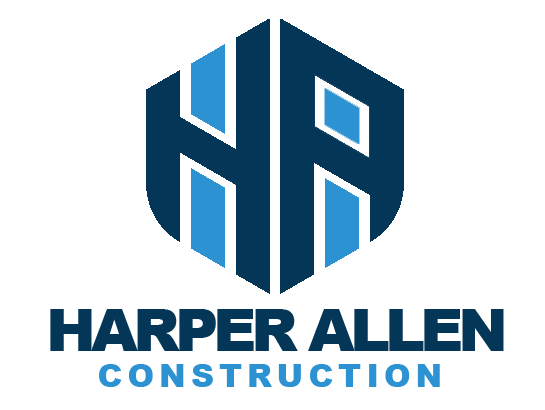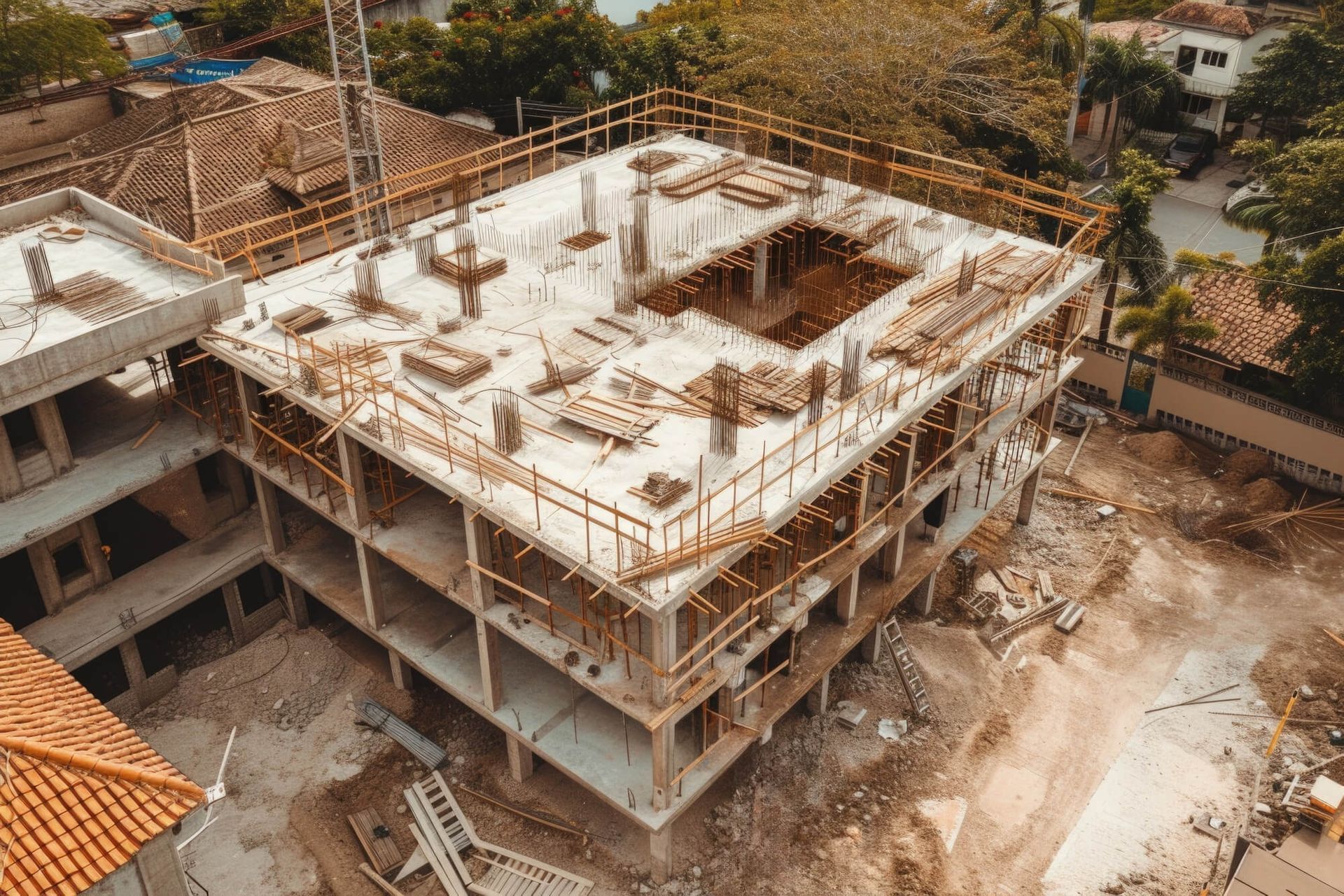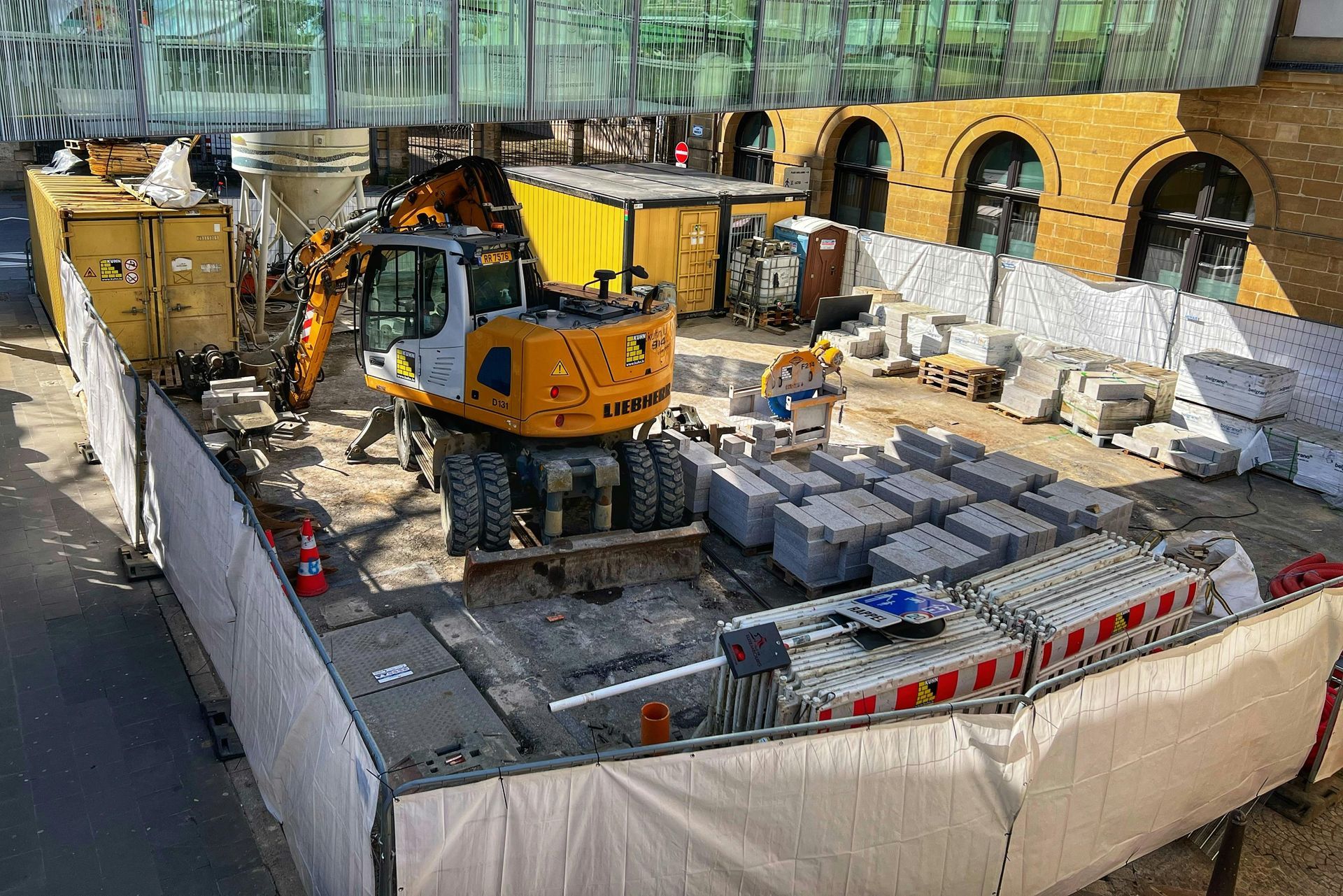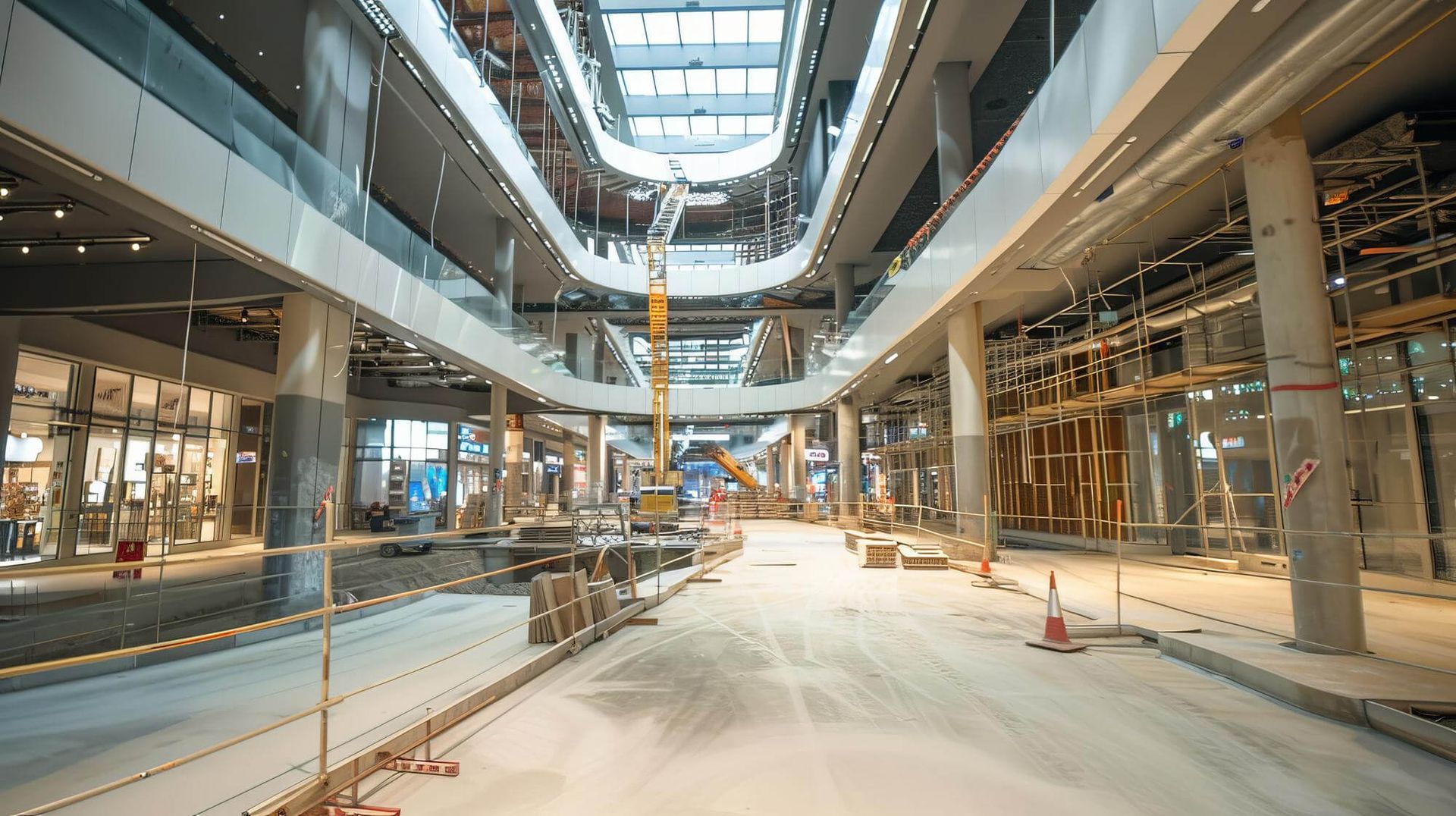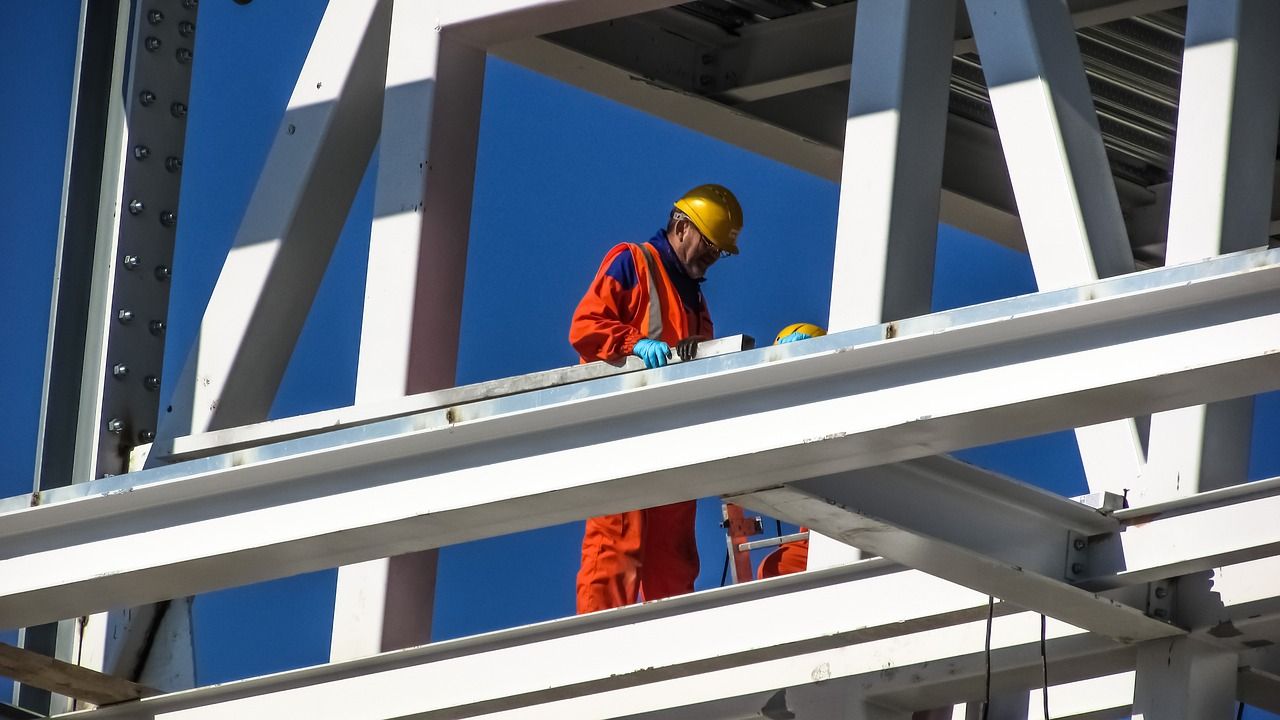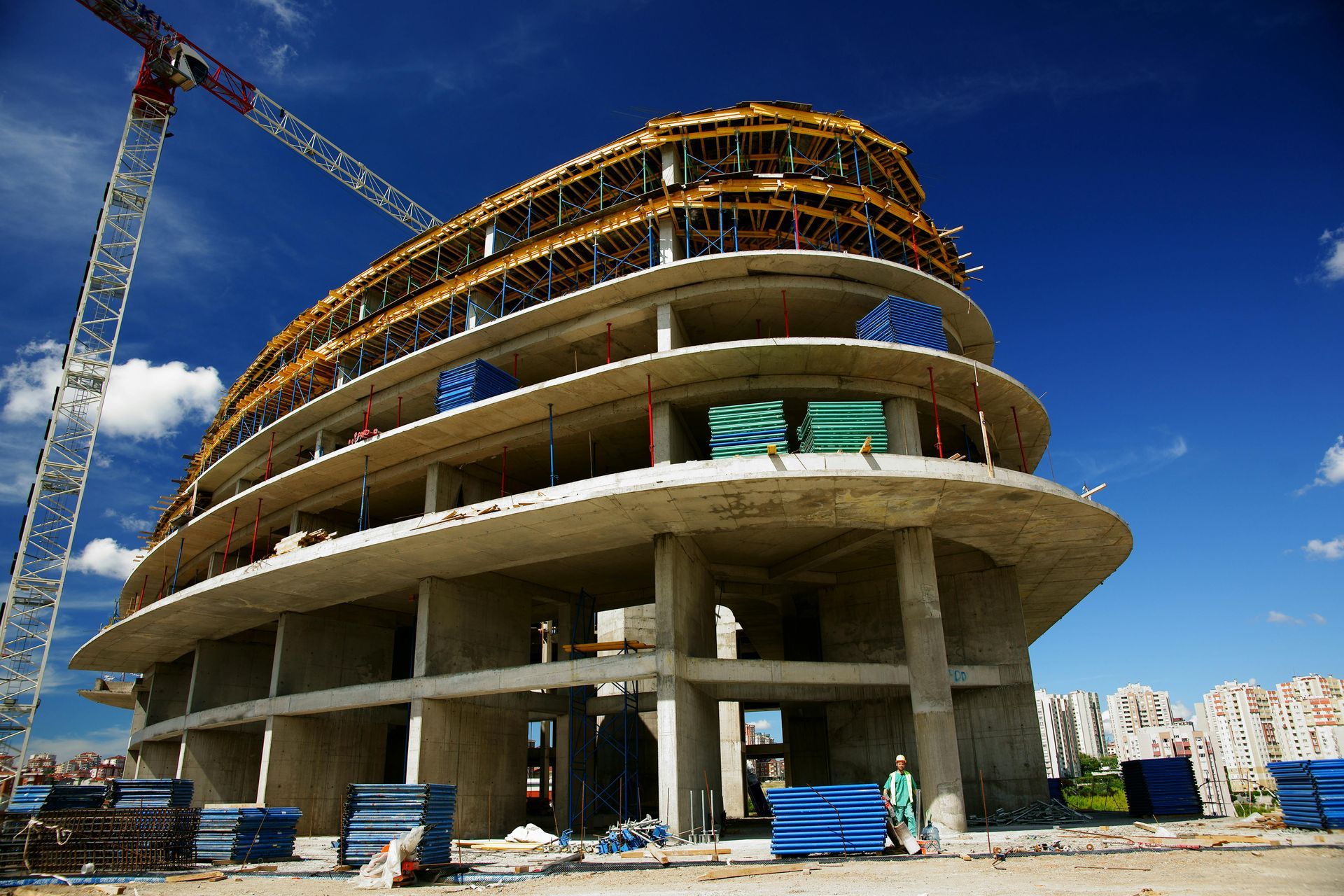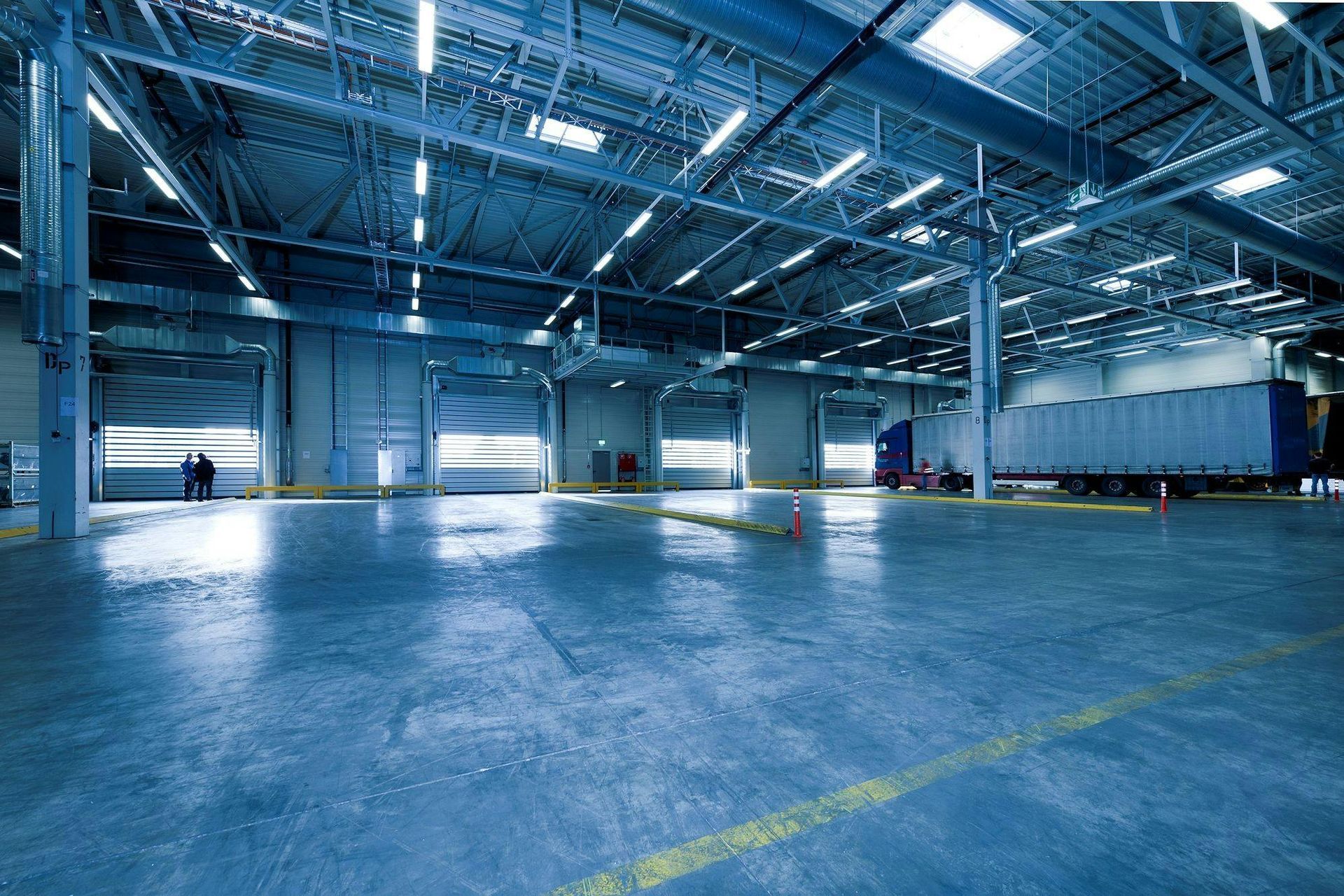Understanding the Permitting Process for Commercial Construction in Lucasville, OH
When embarking on a
commercial construction project, the permitting process can often be one of the most challenging aspects. It involves ensuring that your construction complies with local regulations, zoning laws, and building codes. For business owners in Lucasville, OH, understanding the permitting process is crucial to avoid delays, fines, or even project halts.
Harper Allen Construction, a leading building construction company in Lucasville, OH, helps guide you through the entire permitting journey, ensuring your project moves forward smoothly.
In this blog post, we’ll take you step-by-step through the permitting process for commercial construction in Lucasville, OH, and explain why working with experienced commercial construction contractors is the key to a successful project.
What is a Construction Permit, and Why is It Necessary?
A construction permit is an official approval issued by a local government agency, allowing you to begin construction on a property. This permit confirms that the project meets the required building codes, zoning laws, and environmental regulations. In Lucasville, OH, like many other places, it’s illegal to commence construction without first obtaining the appropriate permits.
The permitting process ensures that:
- The construction is safe and complies with building codes.
- The construction doesn’t disrupt the community’s zoning laws or environmental regulations.
- Proper inspections are carried out during various phases of the project.
If you skip this process, you risk facing legal challenges, fines, and, in some cases, the need to tear down illegal structures. By working with commercial construction contractors who are familiar with the local regulations, you can avoid such costly setbacks.
The Types of Permits You’ll Need for Commercial Construction
In Lucasville, OH, the types of permits required for commercial construction can vary based on the scope and nature of your project. Some of the common permits include:
- Building Permit: This is required for most types of commercial construction, from new buildings to major renovations. It ensures that the proposed construction meets all safety, structural, and energy efficiency requirements.
- Electrical Permit: If your commercial project involves electrical work, you'll need an electrical permit to ensure that all wiring and installations are safe and up to code.
- Plumbing Permit: For any work involving the installation or alteration of plumbing systems, you’ll need a plumbing permit.
- Mechanical Permit: If your project includes the installation or modification of HVAC systems, heating systems, or ventilation, a mechanical permit will be required.
- Sign Permit: For any signage that will be placed on your property, a sign permit is often required to ensure it meets local zoning laws.
As a trusted building construction company in Lucasville, OH, Harper Allen Construction can help you navigate the complex requirements of these permits and ensure you acquire them in a timely manner.
The Steps Involved in Securing Permits
Securing construction permits in Lucasville, OH, involves several steps. Here’s a general outline of the process:
Step 1: Preliminary Research and Planning
Before you even submit your permit application, it’s essential to conduct research on the zoning laws, building codes, and other regulations that might impact your project. This involves understanding the land use restrictions, setbacks, and any environmental constraints on the property. A skilled commercial construction contractor will often handle this step, ensuring your project plan aligns with local laws.
Step 2: Preparing and Submitting Your Permit Application
Once you’ve established a comprehensive project plan, the next step is to prepare your permit application. This will likely include architectural plans, engineering reports, and a detailed description of the work to be done. Your building construction company will coordinate with the appropriate authorities to submit this documentation.
Step 3: Review by Local Authorities
After submission, local government agencies, such as the building department or zoning board, will review your application. During this phase, they may request modifications to your plans to ensure they comply with all local codes. This is one of the reasons why having a skilled contractor like Harper Allen Construction is important—our experience can prevent delays due to paperwork errors.
Step 4: Inspections and Approvals
Once the permit is approved, your project will be subject to periodic inspections. These inspections are designed to ensure that the construction complies with the approved plans. Inspections may occur at various stages of construction, such as after the foundation is poured, after electrical or plumbing work is installed, or after the building is completed.
Step 5: Final Approval and Certificate of Occupancy
After the project is finished, a final inspection will be conducted. If everything is in order, you will be issued a certificate of occupancy, allowing you to begin operating your business from the new space. This final approval is essential before you can legally use the property for commercial purposes.
Common Mistakes to Avoid in the Permitting Process
The permitting process can be overwhelming, and mistakes can cause significant delays. Here are a few common mistakes to avoid:
- Starting Construction Without a Permit: It may be tempting to begin work without waiting for permits, especially if you’re on a tight timeline. However, starting without a permit can lead to fines, forced construction halts, and potentially having to tear down work that wasn’t properly approved.
- Not Submitting Complete Plans: Incomplete or inaccurate construction plans are one of the most common reasons permits are delayed or denied. Ensure your plans are detailed and accurate to avoid any issues.
- Failing to Schedule Inspections: Many business owners forget to schedule inspections during the construction process. Inspections are mandatory, and failure to schedule them can result in fines and delays.
- Not Understanding Zoning Laws: Zoning laws dictate how properties can be used. Make sure your commercial property is zoned correctly for your intended use to avoid any legal issues.
Working with experienced commercial construction contractors like Harper Allen Construction ensures that you avoid these mistakes. Our team handles all aspects of the permitting process, from planning and application to inspections and final approvals.
Contact Harper Allen Construction for a Commercial Construction Project in Lucasville, OH
At
Harper Allen Construction, we’re committed to delivering exceptional commercial construction services and ensuring your project complies with all permitting requirements. Our team is ready to assist with every step of the permitting process, from initial planning to final inspections. If you’re ready to start your
commercial construction project or
retail fit-outs, call us today at
(740) 935-3227. Let’s build something great together!
FAQs
How long does the permitting process take in Lucasville, OH?
Permit approval timelines fluctuate based on project intricacy, generally ranging from a few weeks to several months. It’s important to start early and work with a professional to avoid unnecessary delays.
Do I need a permit for interior renovations?
In most cases, interior renovations require a permit, especially if they involve plumbing, electrical work, or structural changes. Check with local authorities or your commercial construction contractor to determine specific requirements.
Can I start construction before receiving my permit?
No, it’s illegal to begin construction without obtaining the necessary permits. Starting before approval can result in fines or other penalties.
How much do permits cost?
The cost of permits depends on project type and size, potentially ranging from hundreds to thousands of dollars. Your construction contractor can provide an estimate of permit costs for your specific project.
What happens if I don’t get the required permits?
Failing to obtain the necessary permits can lead to fines, construction delays, or even having to demolish work that wasn’t authorized. Always ensure that all permits are in place before beginning construction.



